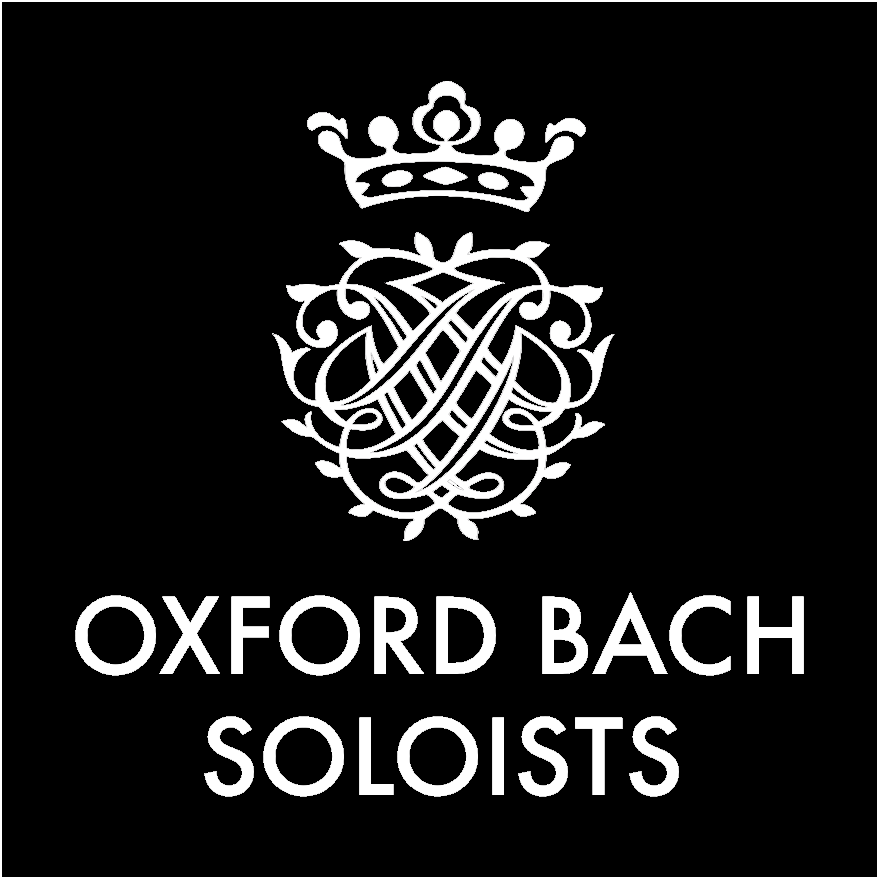Our choral scholars form a crucial part of the Oxford Bach Soloists’ commitment to developing the talents of young aspiring soloists. In our first Choral Scholar Focus of 2022, I chatted with Sebastian Hill about his experiences with OBS so far…
1. Tell us a bit about yourself, and your musical training to date
I’m one of the tenor choral scholars in OBS this year. I also sing down the road at Magdalen College, and I studied Music there as an undergraduate whilst singing in the College choir. Singing has been my passion for a long time, although I did want to be a trombonist for a while when I was at school. I was a member of the Trinity Boys’ Choir between age 11 and 18, which provided me with a solid base of repertoire, performing experience, and an insight into how rewarding singing is. Since being at university, I’ve focussed more on singing, both as a soloist and in consorts/choirs, and I would love to make a career out of it.
2. You will be stepping out to perform a solo for our concert, Resound, ye Songs. How do you prepare?
I’ve learnt a lot from Gerhard, our German coach, but there’s always more to do! So, my first goal will be to translate the text, and make some pronunciation notes before our session. After that I’ll spend some time practising and thinking about what I want to portray with the aria and how it fits within the context of the Cantata. I’ll take it to my singing teacher, Giles Underwood, and together we’ll work on passages that need a bit more technical thought. After a rehearsal with Tom and the fabulous continuo team, I should be performance ready.

Seb performing at the St John Passion during our Easter Festival 2022
3. What has been your favourite moment as an OBS choral scholar so far?
I stood in for a recitative and aria in January, BWV 207 ‘Vereinigte Zwietracht der wechselnden Saiten’, which was exhilarating and nerve-wracking in equal measure. To stand in front of the superb orchestral players and deliver a challenging aria was an unrivalled experience that I enjoyed tremendously.
4. What do you see as the value of ensembles like OBS to young aspiring musicians?
Groups such as OBS that give professional opportunities to young singers are few and far between. The level of music making is high from the get-go, and as choral scholars we’re able to pick up so much by working alongside the players and concertists. As well as this, the exposure to a large volume of cantatas has really shaped my understanding of Bach and given me a platform to explore his works in the future.

Seb performing at the St John Passion during our Easter Festival 2022
5. What do you plan to do after the scholarship has ended?
I’m going to apply for music college in the autumn, to study for a vocal Masters. I’m very excited to dedicate two years to developing my technique and preparing for professional life. In the meantime, I’ll move to London and enjoy singing with a variety of groups as a freelance.


